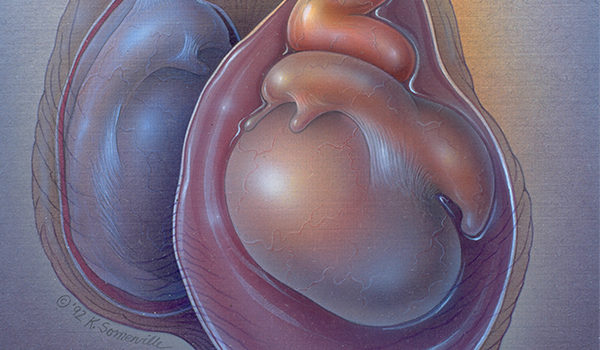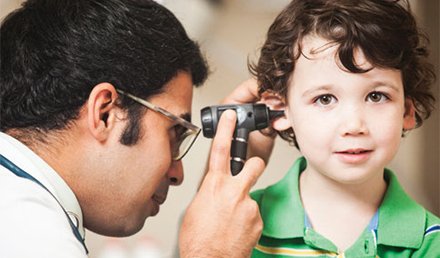Urgent message: Evaluating patients with acute scrotal pain can be a challenge for clinicians in the outpatient setting because several conditions indicated by it can cause significant morbidity. Performing a thorough but focused medical history and physical examination and considering certain diagnoses, including testicular torsion, epididymitis, and prostatitis, are imperative when assessing these patients. JEREMY HAWKINS, MD, BRIT LONG, MD, and ALEX KOYFMAN, MD, FAAEM Introduction Evaluation of acute scrotal pain is often challenging for clinicians …
Read More









